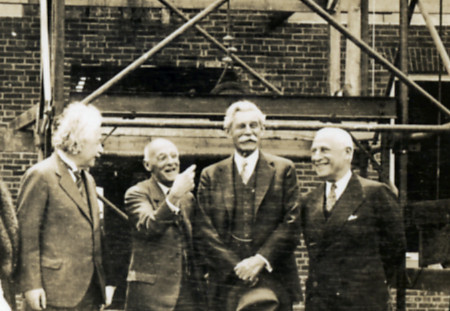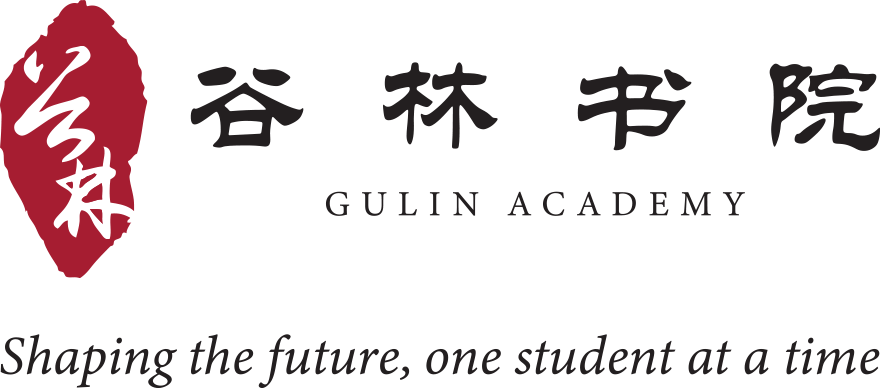In 1921, Flexner prepared a memo for the Board that he later developed into an address, “The Usefulness of Useless Knowledge,” which was published in
Abraham Flexner’s Work

Over the years, there has been a great deal of interest in Abraham Flexner’s concepts of education reform. An influential figure in the field, he put his progressive ideas about education into practice at an early age. In the fall of 1890, he founded “Mr. Flexner’s School” in Louisville, Kentucky, which he directed for the next fifteen years. This highly successful college preparatory school, which attracted the attention of John Dewey and Charles Eliot, served as Flexner’s laboratory for his theories of education: it had no formal curriculum, no formal grades, no system of examinations, and it kept no student achievement records.
With his wife’s success as a Broadway playwright, Flexner was able, in 1905, to close his school and begin a course of graduate study at Harvard and in Germany. His exposure to the German system of education had a profound effect on him. In 1908, Flexner wrote
Of the 155 medical schools in the United States and Canada that Flexner visited, his report recommended closing 120, based on their lack of standards and inability to adhere to the protocols of mainstream science. Known widely as “The Flexner Report of 1910,” it established Flexner’s reputation and shaped the future of medical education.
Flexner was then asked to produce a report for John D. Rockefeller, Jr., on the suppression and regulation of prostitution in Europe. His work and reputation for thoroughness led to his appointment, in 1913, to the General Education Board of the Rockefeller Foundation. He also served as a consultant with the Carnegie Foundation for the Advancement of Teaching.

